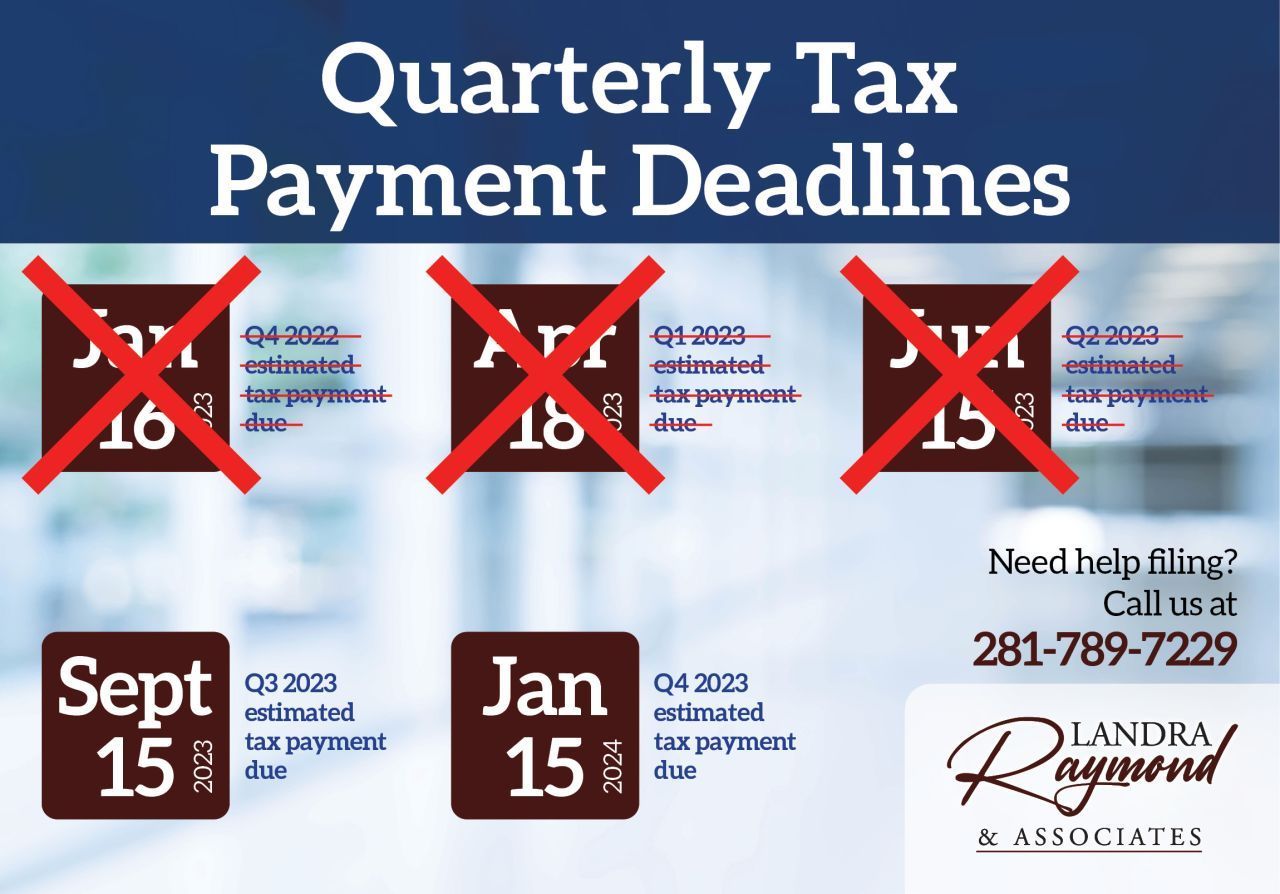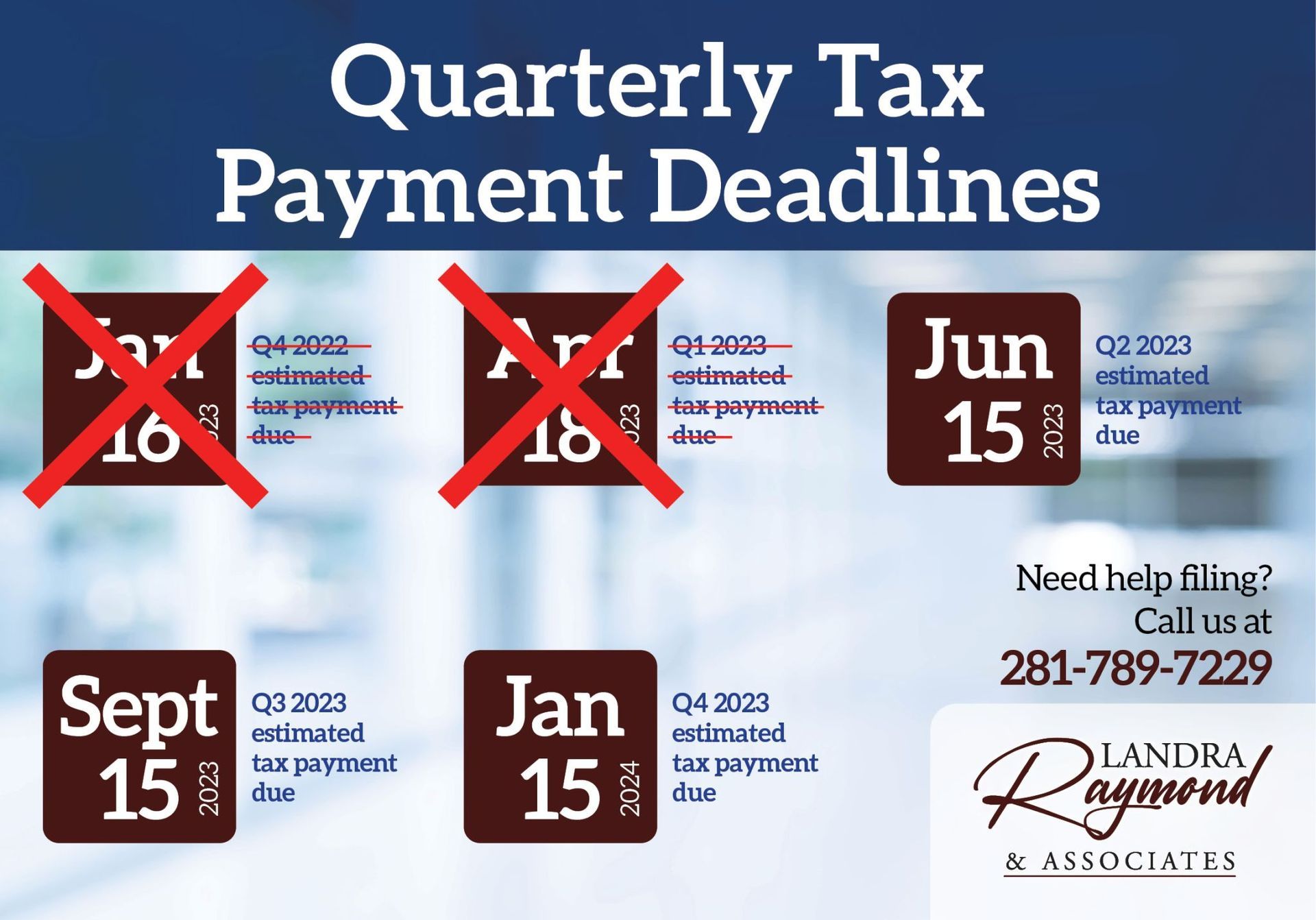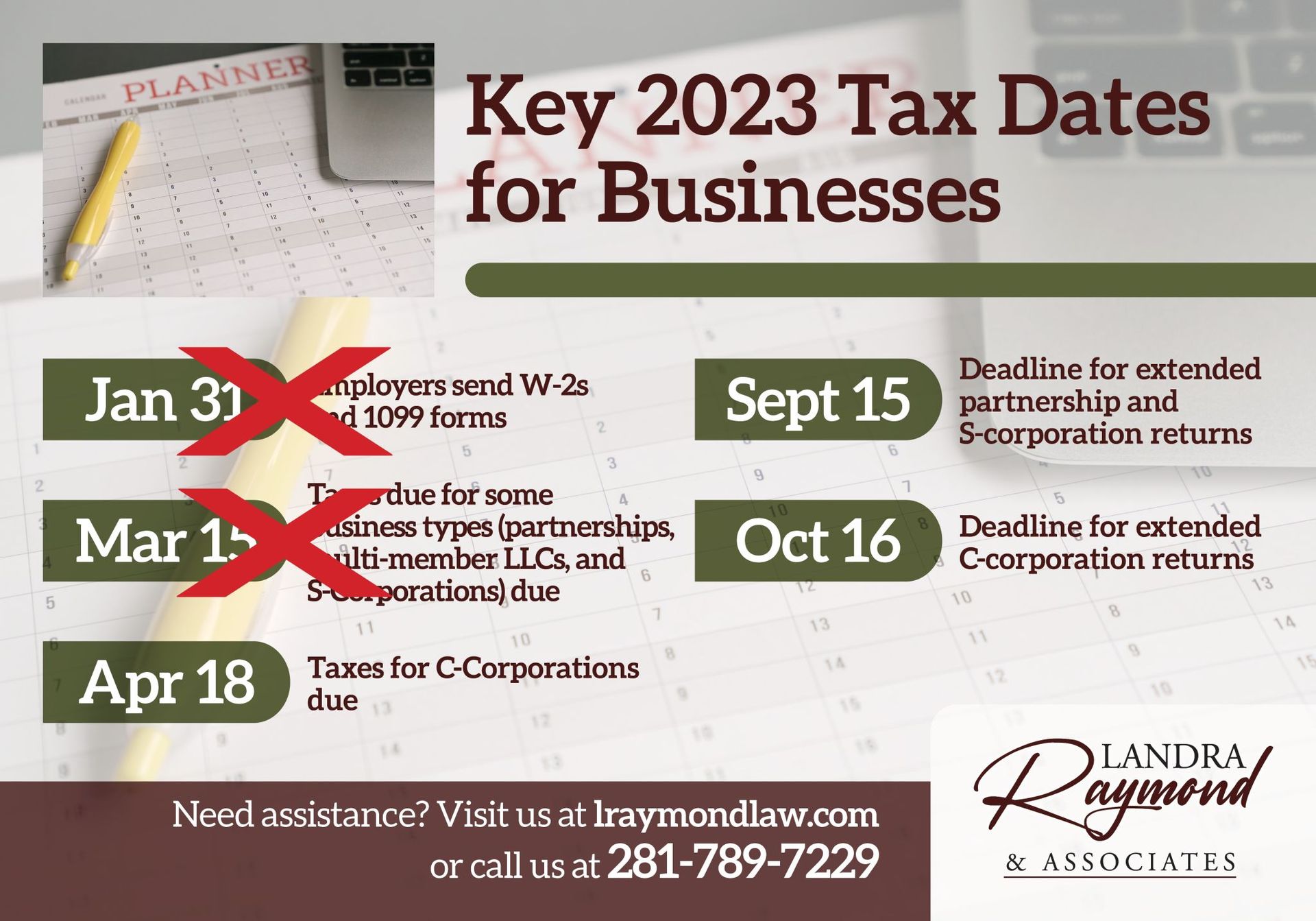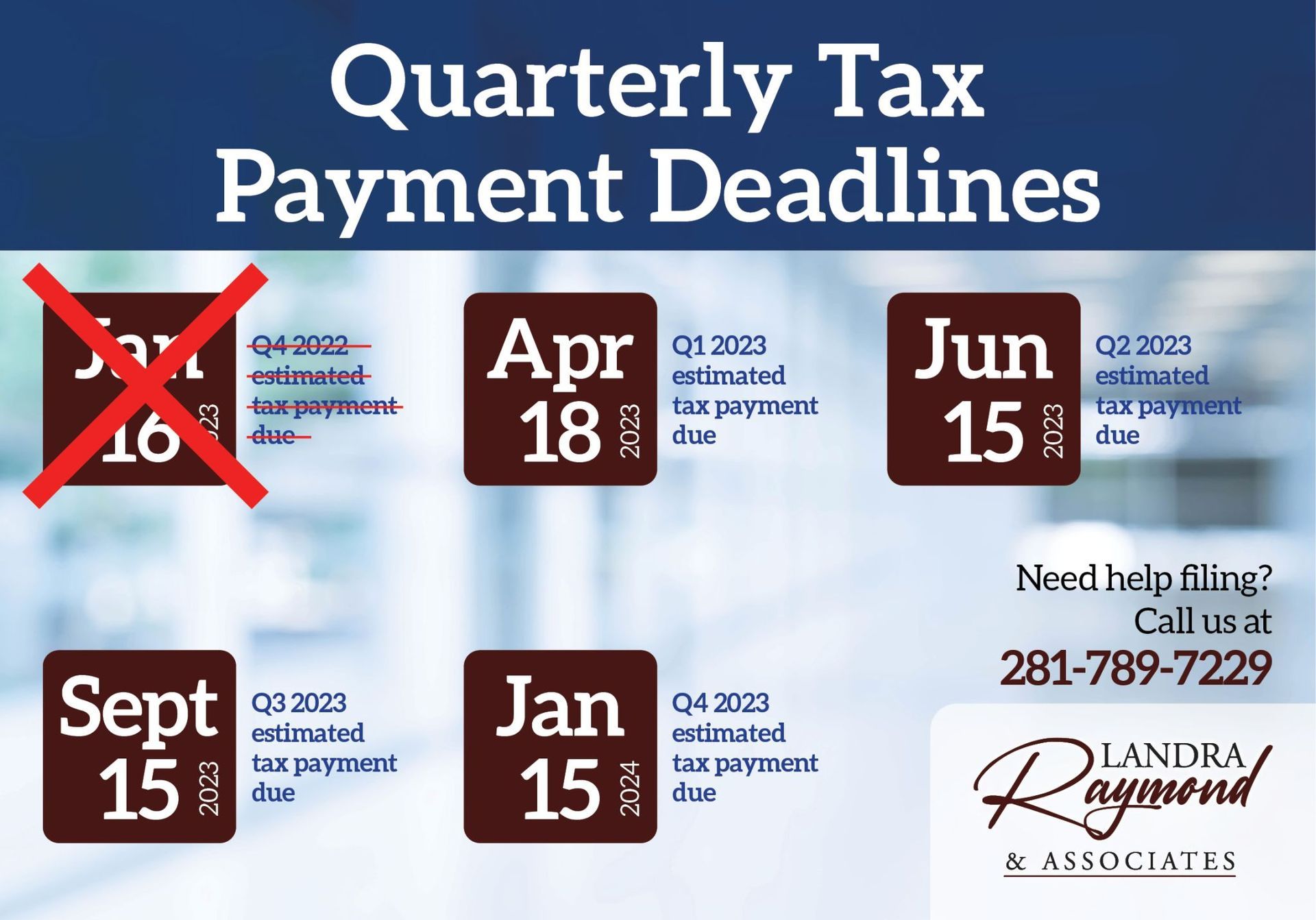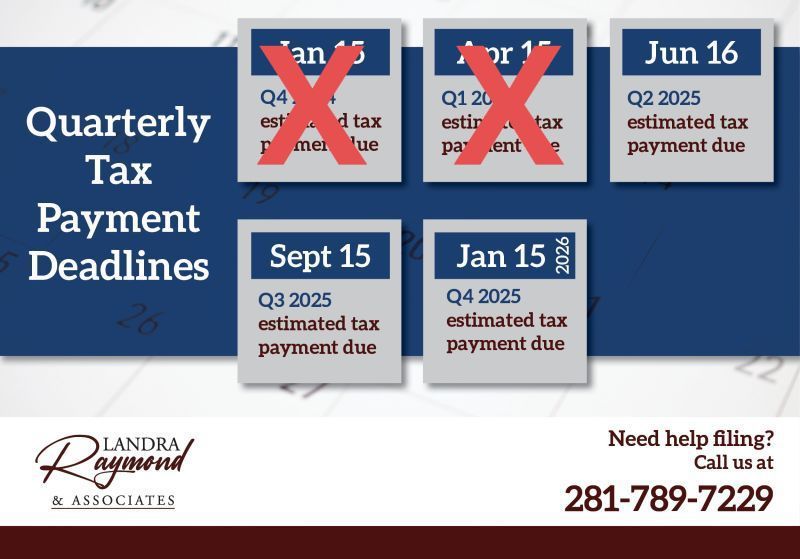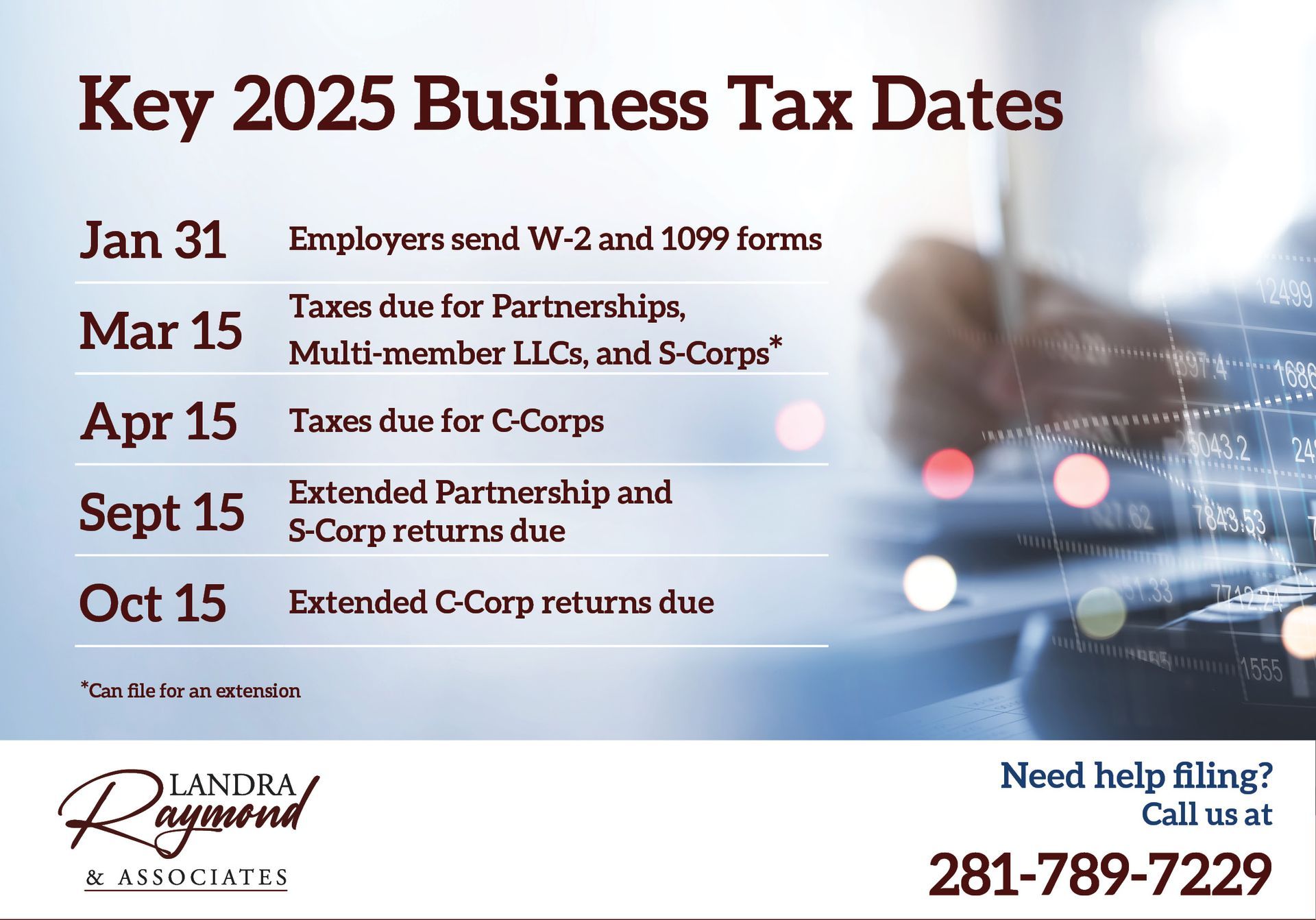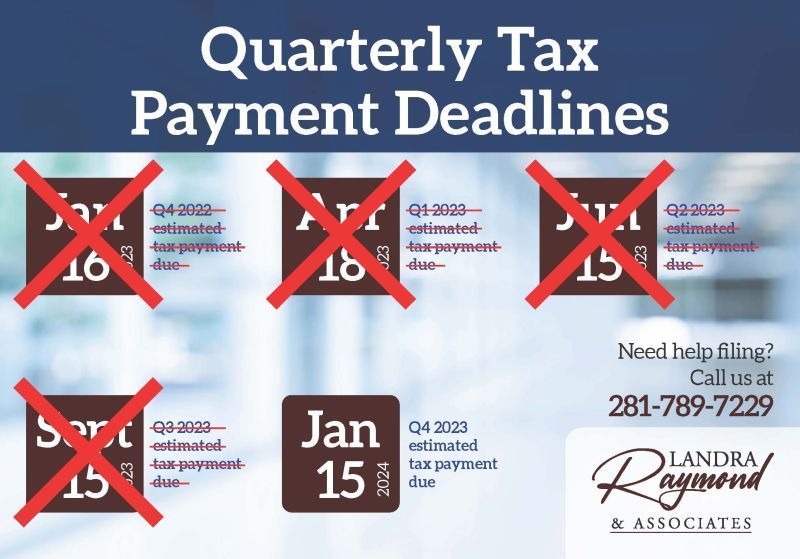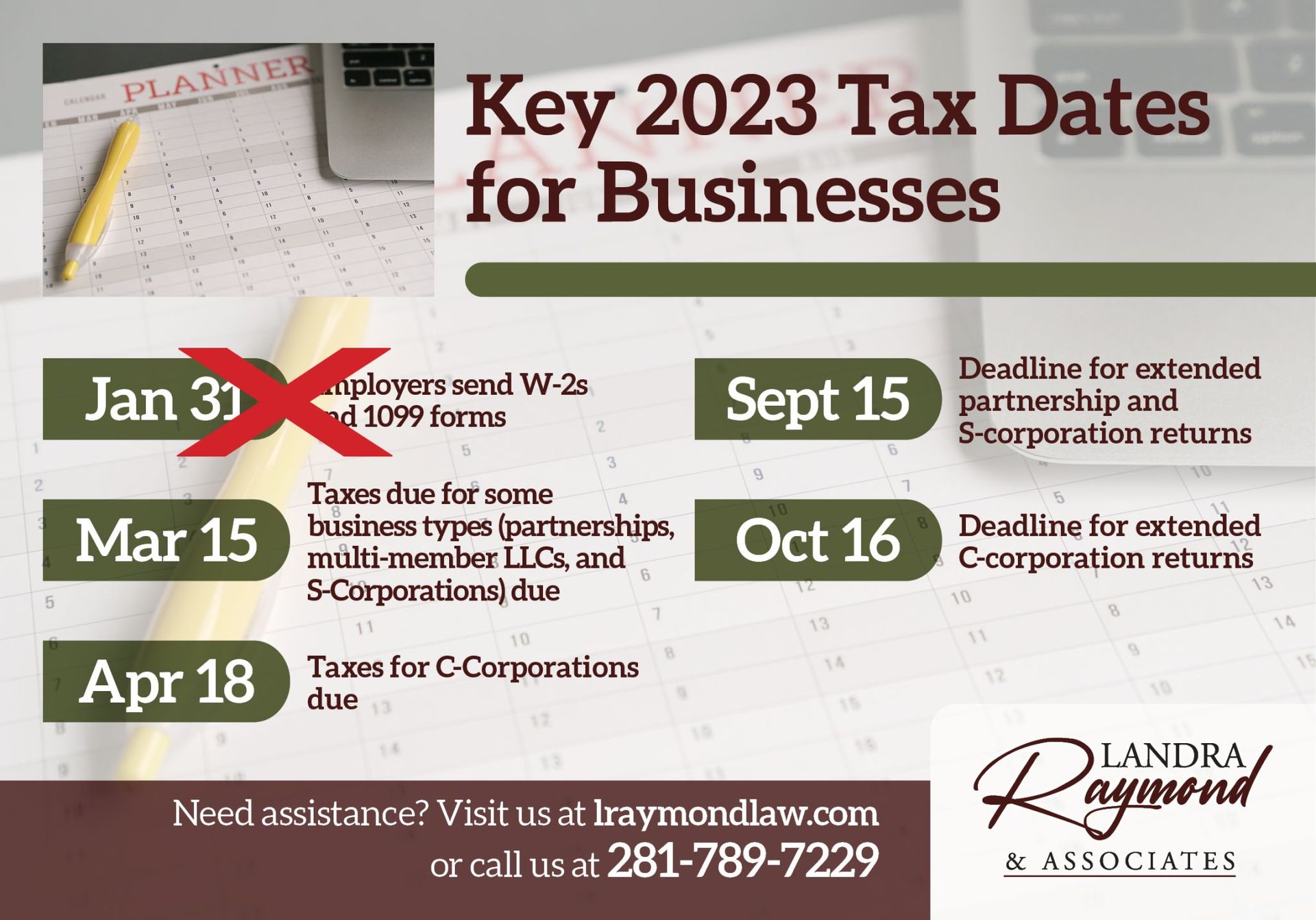Starting a new business? What legal entity works for you?
When starting a new business, choosing a name, brand colors, and logo are all creative and exciting tasks. Designing a website can be fun as you select a layout and craft the right words to give your company legitimacy.
But do all these things make your new business real? Unfortunately, no. You have to do some not-so-fun legal documentation to ensure your new venture is protected and you’re set up to manage tax implications.
The first step in forming your new business is deciding what type of legal entity (or business structure) will work best for you. The business entity is the legal classification that dictates the businesses' legal rights, tax obligations, ownership liability, and operational implications. You will typically set up your business entity on a state level.
Choosing the correct entity type is crucial because it influences many elements of your business. There are serious consequences that come with your choice. Different entities offer various levels of liability protection, tax liabilities, and ownership responsibilities. Choosing the wrong entity could result in your paying more taxes than necessary or exposing your personal assets to more harm than you’re comfortable with.
Sole Proprietor
For many small business owners, a sole proprietorship is their first choice because the startup costs are low. You can quickly evolve the business into another entity as it grows. In addition, sole proprietorships are unincorporated businesses with no legal distinction between the business and the person owning and running it.
- Advantages: Appealing because it is the most affordable and easiest entity to form. As the only owner, you have complete control over your business decisions. You also can save on taxes because you will file through your personal tax filing and don’t need to file separately for the business.
- Disadvantages: Because there is no distinction between the owner and business, this can leave you open to liability and puts your personal assets at risk.
Partnership
If you plan to form a business with one or multiple individuals, you can choose this option. This will give both parties equal ownership of the new company. Partners can contribute to the business in several ways, including labor, knowledge, skill, or money. Each partner will share in the profits the business generates.
There are two types of partnerships, general partnership (GP) and limited partnership (LP). A general partnership assumes that all the partners agree in advance to either evenly share or have specific percentages to control and liability. Limited partnerships allow you to limit the control or liability of a particular partner.
- Advantages: In this scenario, you will have someone to share the responsibility of resources and liability with. You’ll also find partnerships relatively easy to form and manage. In addition, the taxes are simple, with each partner claiming their portion of the business income on their personal taxes. This is called a pass-through tax model.
- Disadvantages: Getting partners to agree on every decision you make. The more partners you have, the more complicated this becomes. There is also the issue of personal liability. There’s no distinct separation between the business and partners’ personal assets, which means you still take on personal risk. You’re also paying personal taxes instead of business taxes, resulting in you paying more than necessary.
Limited Liability Company (LLC)
An LLC is like a hybrid business entity. It’s easy to set up like a partnership but offers more liability protection like a corporation. If you want to be technical, it’s a type of corporation. There are options for how you file your LLC taxes. A single-member LLC would file the taxes. LLCs with two or more members can file as a partnership or corporation.
- Advantages: If you are looking for more liability protection for your personal assets, an LLC can provide this to you. They also don’t have as many management requirements as corporations. This makes them a good balance between partnerships and corporations.
- Disadvantages: States limit the types of businesses you can form under an LLC entity. Therefore, you must check that your business qualifies before starting your business. More tax forms are required, which can make fulfilling your tax liabilities more of a challenge.
C Corporation
If you are looking for the most significant level of liability protection, then consider forming a C corporation. This is a separate legal entity that operates independently from the owners. Unlike the other entities, the entity issues shares, and the owners of these shares become the company owners. Major brands that have stock traded on the exchange are C corporations. For example, Apple, McDonald’s, and Starbucks. They have shareholders, a named board of directors, and officers.
Not all corporations have to be big like this, though. A single person can fulfill all these roles and control their business entirely.
- Advantages: This offers complete personal liability protection. Your personal assets are safe from business liability and debt. It’s also easier to raise more capital for future growth because you can issue stock options. Finally, you have more tax deductions and savings available to you when filing for the business.
- Disadvantages: This is the most expensive and complicated type of business to form, often starting at several hundred dollars just for the filing fee. You must also comply with many regulations that affect everything from tax filing requirements to fees and filing forms. Additionally, because they are separate legal entities, you face paying double taxes because you must file for the business and yourself. You can't claim losses on your personal taxes if your company has losses.
S Corporation
An S corporation is like a C corporation because it retains liability protection for its owners. It’s different because it gets treated differently for tax purposes. Profits and losses are reported through the owner’s personal tax filings.
- Advantages: As an owner or shareholder, you won’t have personal liability or risk your personal assets. However, there are exceptions for extreme extenuating circumstances. Additionally, the fact that it’s a pass-through entity means you won’t have to pay double taxes.
- Disadvantages: This is one of the more expensive entities to form. You have more restrictions imposed on how you issue the stock for your company. You must also comply with all formality requirements like establishing bylaws, holding shareholder meetings, and naming a board of directors.
Nonprofit Corporations
If you are a new business owner who is less concerned about profit and more about helping others, you may want to consider a nonprofit corporation. This type of business exists to help others. For example, the American Red Cross, Salvation Army, and American Heart Association are nonprofit corporations.
- Advantages: The most significant advantage is the tax exemption/deduction status. You may also qualify for public and private grants, giving you more capital for growth. In addition, those associated with the entity are not personally liable to its creditors.
- Disadvantages: Because there are so many significant benefits to this type of entity, getting one established and maintaining it is not easy. The cost of formation is high, requiring a considerable investment of time, money, and effort. Prepare to do a ton of paperwork. Once your business is formed, your finances are open to inspection. The general public can request your state and federal filings to learn more about your financial statements to ensure you are genuinely the nonprofit and charitable company you claim to be.
Doing Business As (DBA)
Doing business under an unregistered name is illegal, and that’s where a DBA comes in. If you have a sole proprietorship or general partnership, you must do business under your name. If you don’t want to do this, you need to file a DBA with the name you want to use. This doesn’t register your business or create an entity. It puts the world on notice that you’re operating under a chosen name. It doesn’t provide legal protection or a special tax filing status.
Form Your New Business
As you can see, several factors go into choosing the best legal entity for your new business. If it all seems overwhelming and confusing, speaking with a professional can help clear the waters. Our team of associates can guide you through the process of choosing and forming your legal entity.
Request a meeting and sit down with a member of our team to start the process of forming your new business entity.


